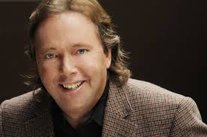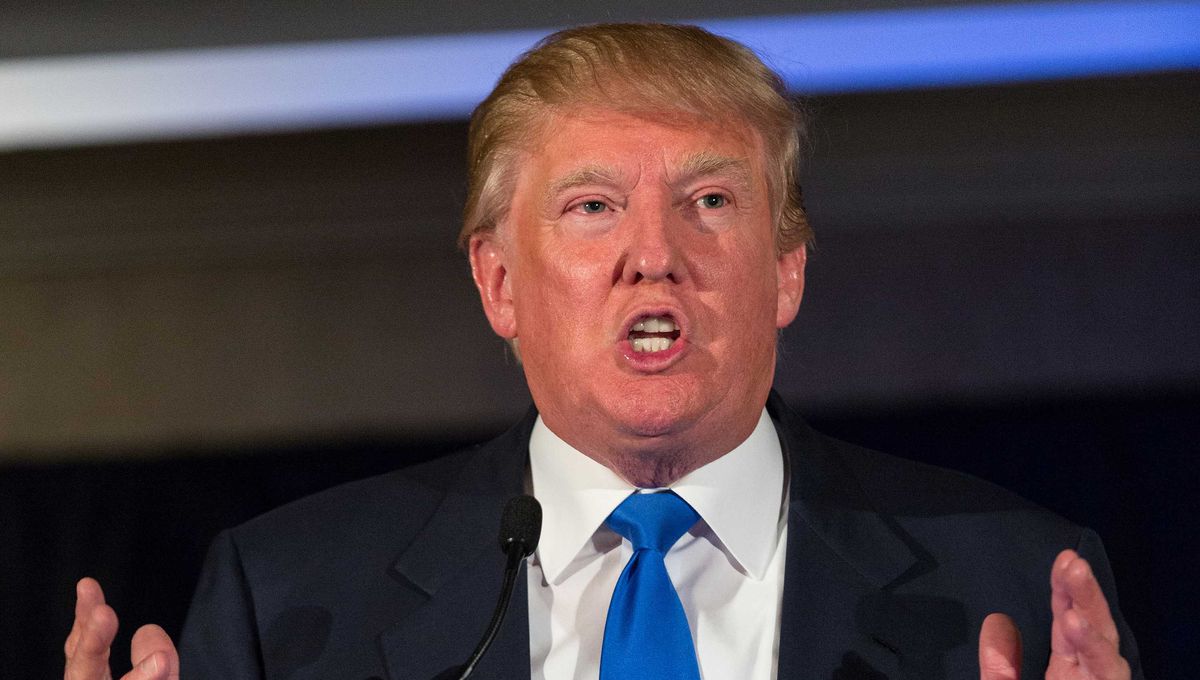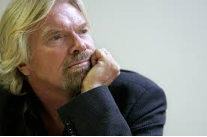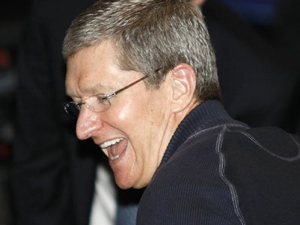Freedom, The Corrections, or any other title by Jonathan Franzen

Franzen, let’s be honest here, has a reputation as kind of a crank. He’s come out recently (in lengthy, often exquisitely written essays) against the ubiquity of social media and cell phones, among other things, and he has a tendency to stare firmly into his bellybutton most of the time. Line by line, though, he’s often a terrific writer – although there’s at least one scene in the
Line by line, though, he’s often a terrific writer – although there’s at least one scene in the The Corrections, the book that he refused to allow to be chosen by Oprah for her Book Club (another thing he’s come out against), that might make you think otherwise – and he’s General Mills CEO Ken Powell’s favorite.
Life, Keith Richards

Keith Richards is older than most of the CEOs on this list, so it’s sort of understandable, but let’s face it: it’s still strange to consider the head of a multibillion dollar corporation tucking in with the notoriously debauched Rolling Stones guitarist’s memoir. (It’s excellent, though, even if you’re not a Stones fan.)
A surprisingly lucid and well-structured book that reads almost like a novel and is a lot of fun, as well, IMAX CEO Richard Gelfond has called it his favorite book, the story of “… an incredibly eclectic and interesting life that no one else has ever lived.”
The Power of Positive Thinking, Norman Vincent Peale

Donald Trump is, almost certainly, going to be the 2016 Republican Presidential nominee. We should all probably get used to it now, if we haven’t already, and just strap in for the ride, because whatever winds up happening this summer, it’s probably going to be unlike anything we’ve ever seen before.
In the meantime, feel free to settle down with Norman Vincent Peale’s The Power of Positive Thinking, which Trump claims helped him when he was billions of dollars in debt in the early ‘90s, “… refuse to be sucked into negative thinking on any level.”
Wild Swans, Jung Chang

Virgin CEO Richard Branson might not seem like the sort of person to tuck into a 500-plus page book about three generations of women in twentieth-century China when he’s done riding his personal jet plane into space or sailing around Cape Horn or whatever else he’s up to this week, but he cited just that – Jung Chang’s book Wild Swans, a massive bestseller in the late ‘90s and early ‘00s – as one of his two favorite books in his own book Screw It, Let’s Do It. (The other one is Stalingrad, by Anthony Beevor, if you’re a completist.)
Competing Against Time, George Stalk and Thomas M. Hout

It carries a seemingly somewhat dated message – the company that moves fastest is the company that succeeds, generally speaking – but Apple CEO Tim Cook likes George Stalk and Thomas Hout’s 1990 book, about using time- and supply-chain management tactics to gain a strategic advantage over your competitors, enough that he has been known to carry copies around with him and give them out to colleagues.
Wait: he gives them out to colleagues? Colleagues that may, one day, be in direct competition with him and with Apple? Is Tim Cook playing the long game?
